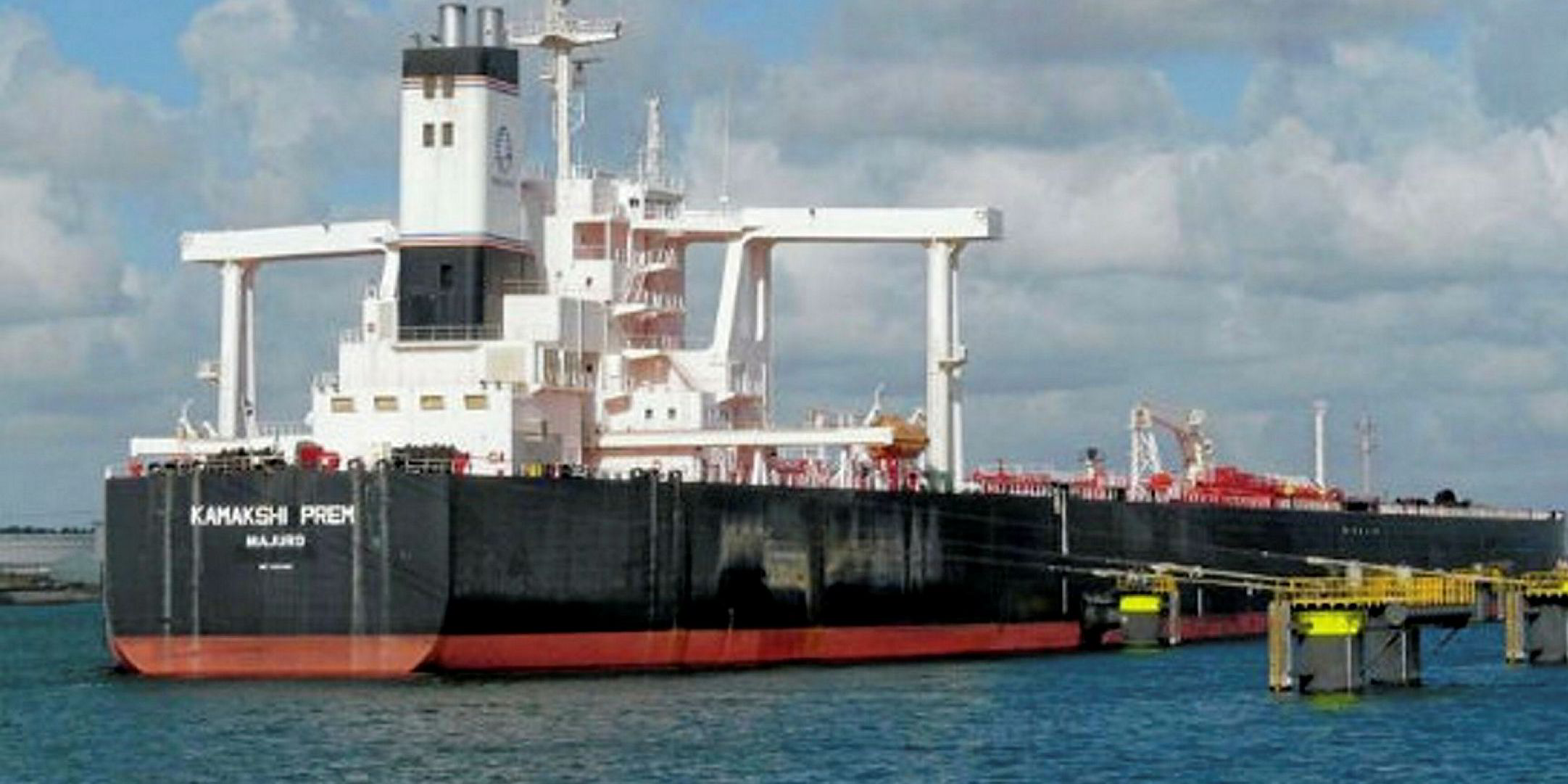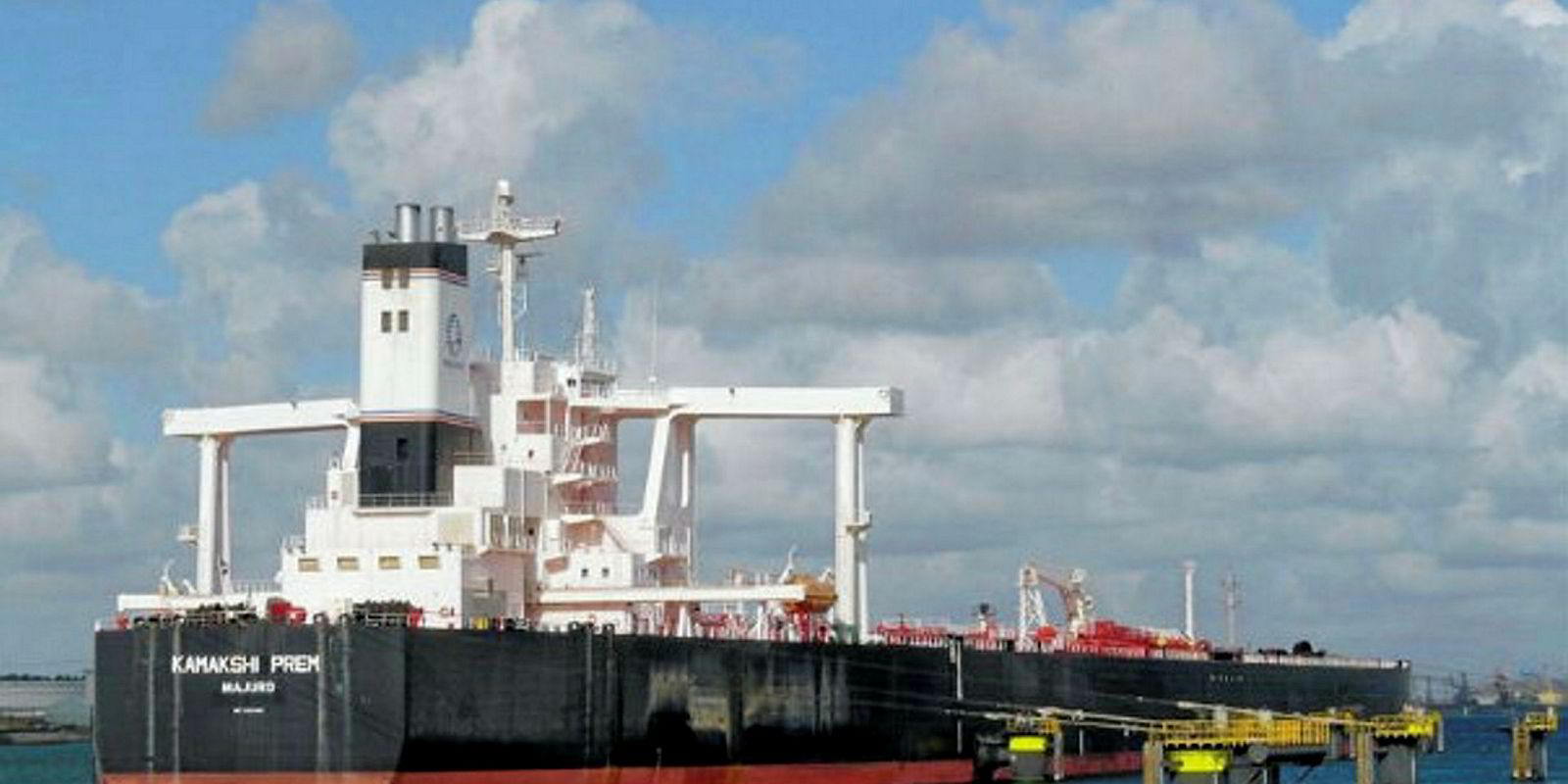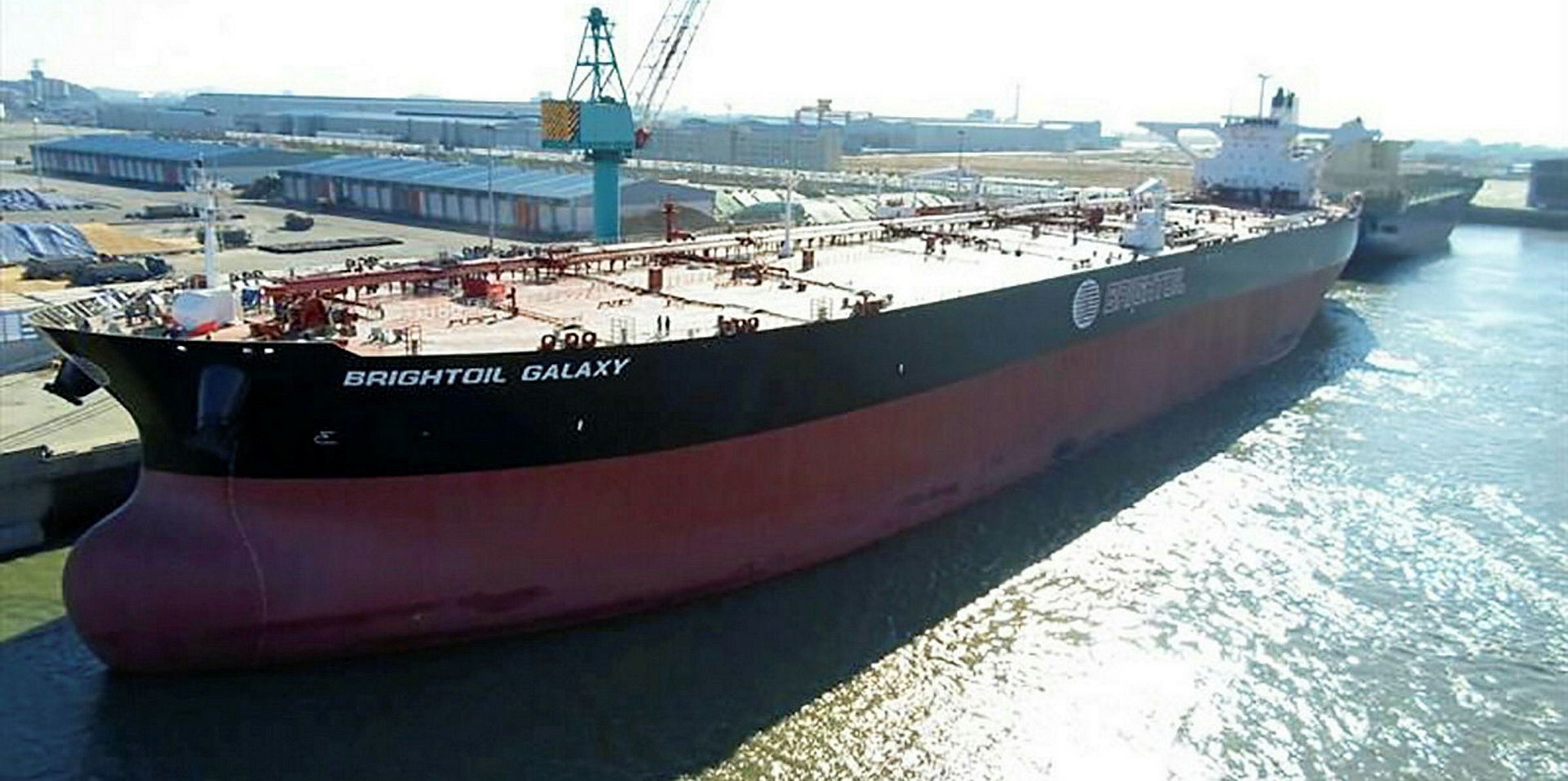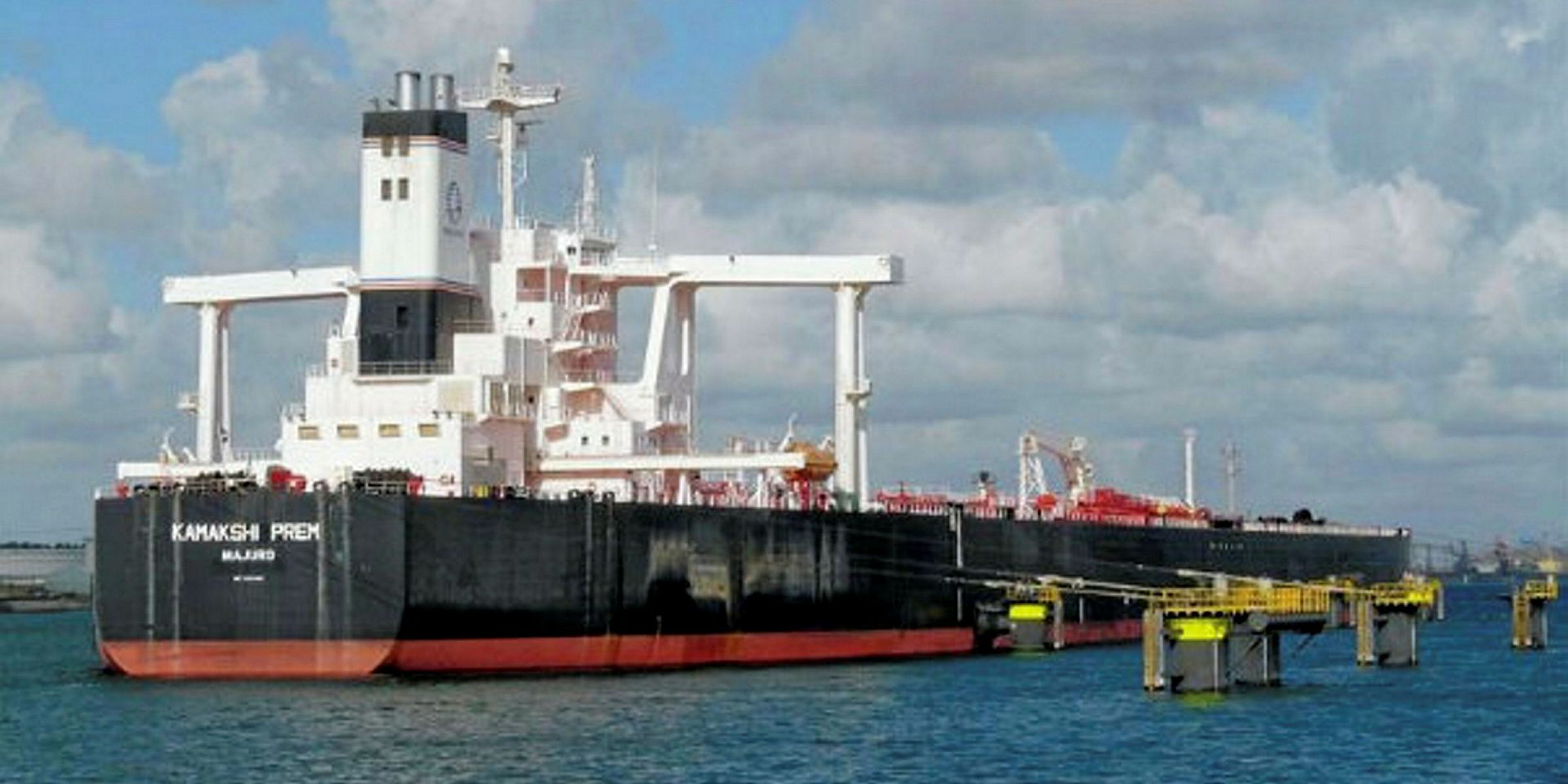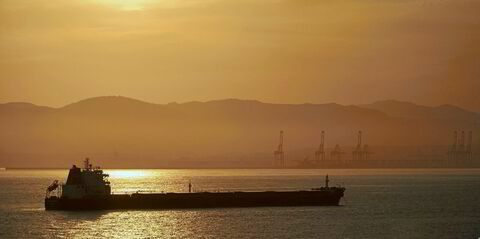China's maritime courts are celebrating the outcome of the low-key arrest of a VLCC earlier this year by Greek owners.
The Qingdao Maritime Court is touting the arrest in March of the 299,200-dwt Respect (ex-Nerissa, built 2006) by Greece's NGM Energy as a sign that international shipowners trust the Chinese legal system.
The court began publicising the legal action recently as one of a list of successfully resolved legal claims that they believe should increase foreign shipping companies' awareness of and confidence in China.
Trading while arrested
Officials of NGM Energy and the ship's previous owner, Mercator Ltd, did not immediately respond to enquiries about the case.
But the Qingdao Maritime Court has pointed out in Chinese legal and maritime press that following the previously unpublicised arrest, NGM Energy gave the tanker the new name as a testimonial to its experience with the court, and more broadly to China's respect for the rule of law.
Another aspect of the arrest that court officials have highlighted is the flexibility they showed in allowing the ship to trade its cargoes to different Chinese ports while remaining under court control.
In part because of a reputation for slow-moving and not very transparent dispositions of cases, China is not the first choice as an arrest jurisdiction even among Chinese creditors, who typically prefer to catch ships offshore.
But the Qingdao judges' charm offensive comes while Chinese ship arrests are in the news.
One of the VLCCs in the former Brightoil Petroleum fleet is now undergoing the process. BNP Paribas is in the process of auctioning the 320,000-dwt Brightoil Gem (built 2013). Haikou Maritime Court in the southern island province of Hainan has recently ordered a second round of bids.
The new publicity around the Nerissa arrest sheds light on a confusing on-again, off-again sale by troubled Indian shipowner Mercator to Nicholas Moundreas-led NGM Energy, on which TradeWinds previously reported.
The sale was first reported to have been concluded in November 2018 for around $30m, then in December for $34m and then, after a delivery dispute, at a net price Mercator ultimately reported to shareholders as $27.5m.
'The ramped-up scenario'
Mercator was then in the process of deleveraging, with a goal of selling all ships that were trading spot and keeping only vessels with longer-term time charters.
But the timing and final result of the VLCC disposal seem to have come as a disappointment to Mercator's shareholders. They had been told in February that a good price had been "encashed" or locked in for the VLCC while the market was high.
“As the demand-supply gap within the tanker industry narrows down ... VLCC charter rates started rebounding from October 2018 onwards and peaked in December 2018,” Mercator management said in a presentation made in February, before the arrest.
“Now, gradually, the rates are softening. The group has encashed the ramped-up rates scenario by contracting [the] sale of [the] VLCC at [the] most appropriate price.”
That turned out to be a premature prediction.
Officers of the Qingdao Maritime Court boarded the ship when it berthed on 11 March, the same day a Liberian-registered NGM Energy affiliate called Skyline International applied for the arrest.
According to the Qingdao court, the arrest came as a surprise to two other unnamed shipowners' representatives who were inspecting the vessel when court officials came onboard. The Greek owner was represented by Piraeus lawyer Evangelos Bairactaris and Wang Yongli of Chinese maritime law firm Wang Jing & Co.
The ship was fully laden with Brazilian crude from Petrobras’ Angra Dos Reis terminal — 130,000 tonnes destined for Qingdao and the remaining 170,000 tonnes for Tianjin.
Sale in progress
Vessel prices had risen sharply after the original deal. Skyline Internationaltold the court the ship was in the process of being sold to others despite the company's rights under a valid sales contract, and asked for the ship to be arrested or for $5m in security to be provided pending arbitration of the claim in London.
Demurrage under the vessel's charter was set at $30,000 per day. After discharge at Qingdao and further legal proceedings, on 9 April the court allowed the ship to proceed to Tianjin while the arrest was in effect.
NGM was at first sceptical about allowing the ship to leave Qingdao, fearing it would sail out of arrest. But under pressure from the charterer, and the maritime court judge, who saw partially discharged crude cargo as a ship safety risk, Mercator provided partial security.
After the second discharge the ship waited at anchorage until 25 April, after NGM obtained the ship at the price originally agreed.
The ship has traded normally since April, when Mercator announced the conclusion of the sale. Mercator's public financial filings have not mentioned the Chinese arrest or any associated London arbitration.

